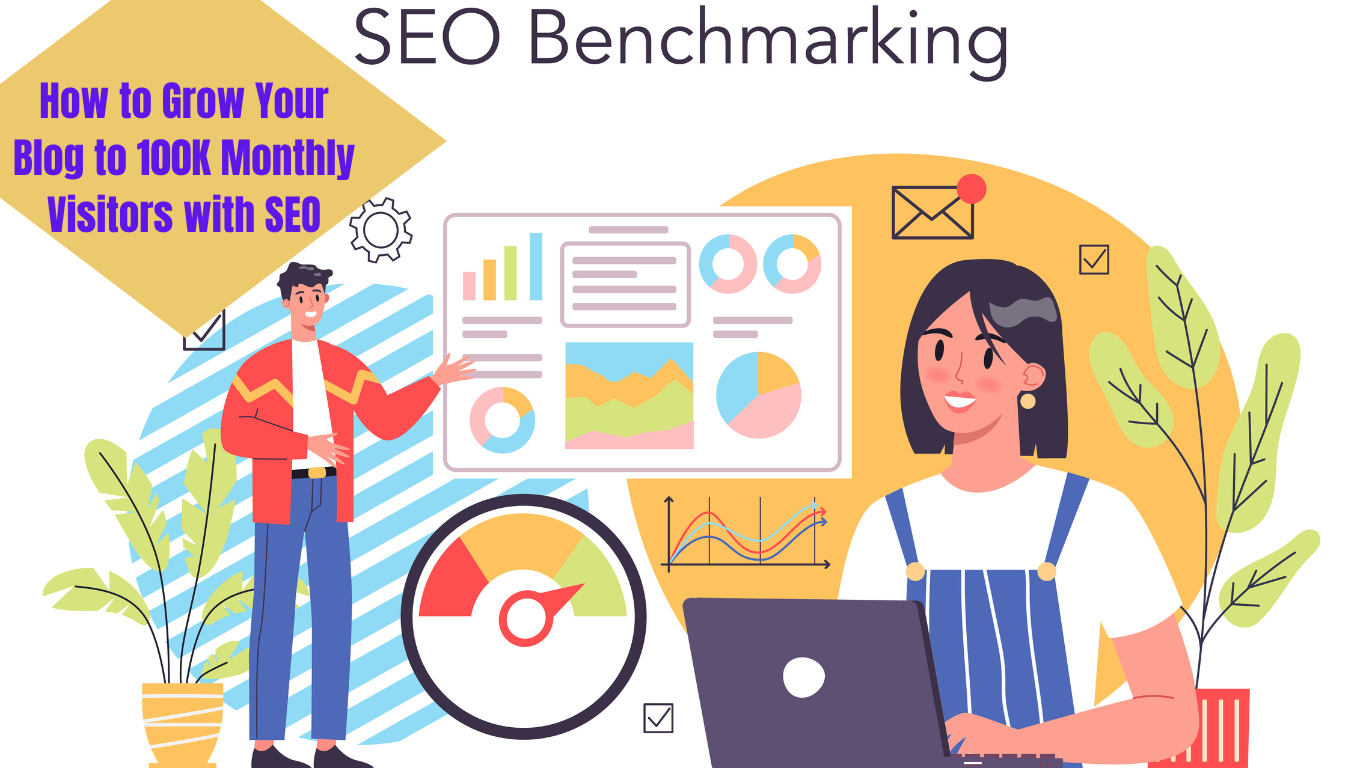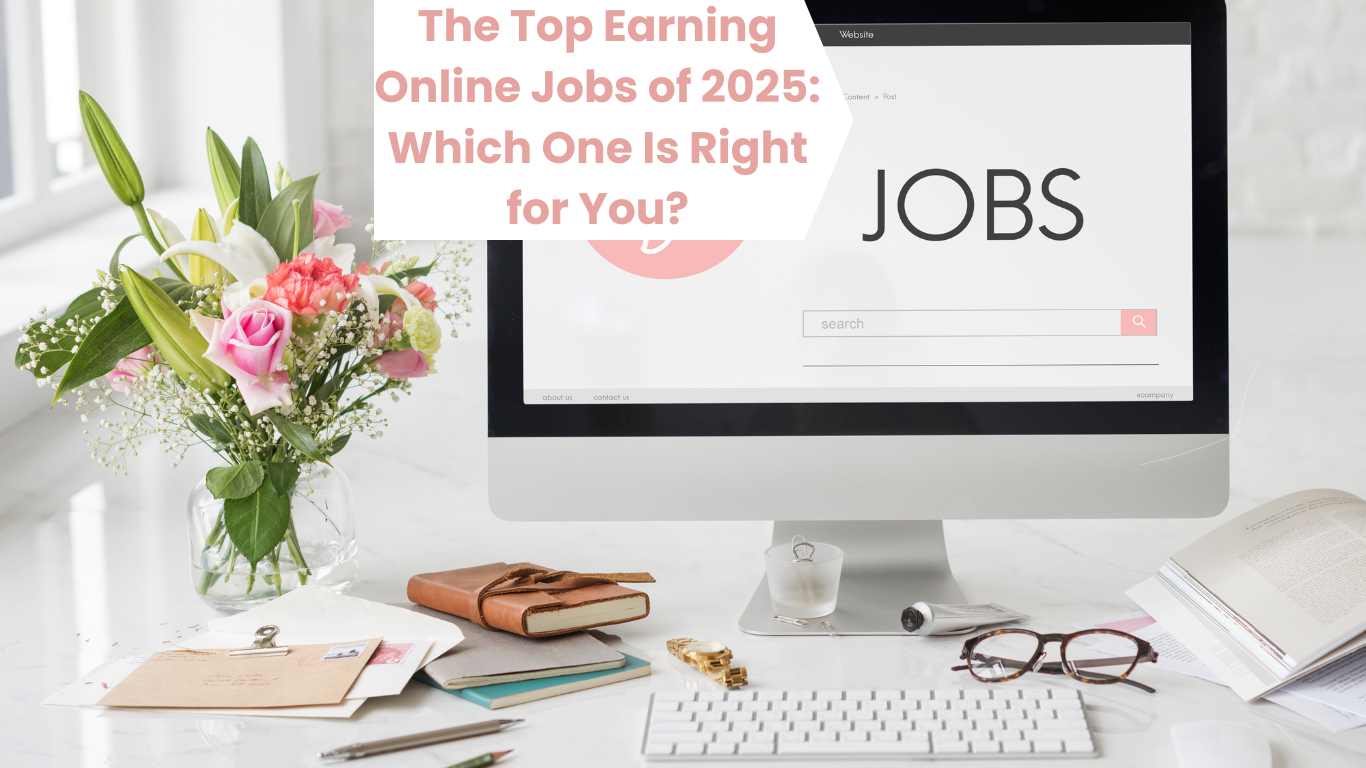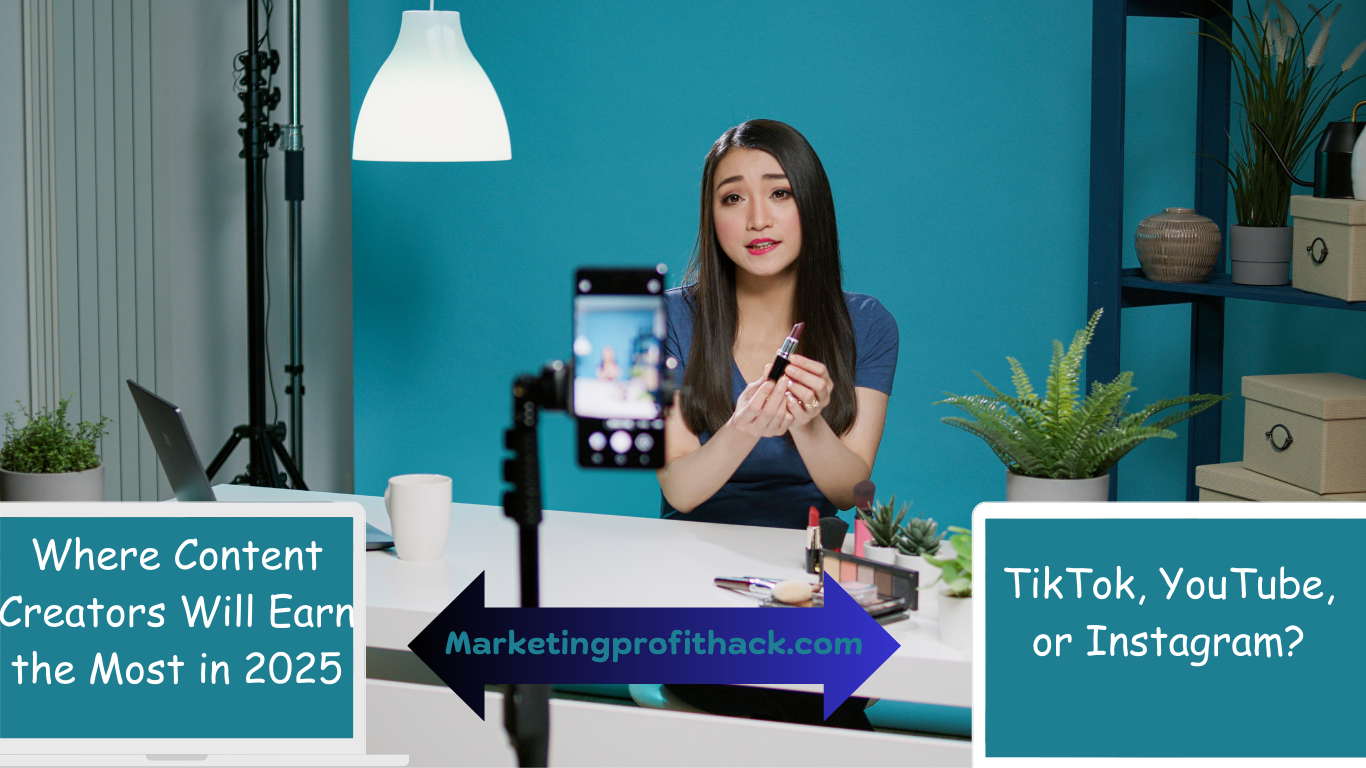 Smart Link Building – DA 50+ Backlinks with Fast Indexing!
Smart Link Building – DA 50+ Backlinks with Fast Indexing!
Why Gen Z and Millennials Are Quitting Their Jobs and What It Means for the World
Written by sagor » Updated on: June 17th, 2025

Welcome to my article Why Gen Z and Millennials Are Quitting Their Jobs - And What It Means for the World .Once upon a time, people worked at the same company for 30+ years, collected their gold watch, and retired with a nice pension. Fast forward to today, and Gen Z and Millennials are quitting their jobs faster than you can say "mandatory overtime." From toxic work environments to low pay and the never-ending quest for "work-life balance," young professionals are walking away from traditional 9-to-5 jobs in record numbers. But why? And more importantly - what happens next?
Blame burnout, bad bosses, or the realization that life is too short for pointless meetings, but one thing is clear: the workforce is changing. These generations are prioritizing flexibility, mental health, and meaningful work over corporate ladders and soul-sucking commutes. Some are turning to freelancing, remote work, or even digital nomad life, while others are building businesses, joining the gig economy, or taking sabbaticals to "figure things out."
But this mass exodus isn't just affecting employees - it's reshaping entire industries. Companies are scrambling to attract and retain talent, businesses are rethinking outdated policies, and the very definition of "success" is evolving. So, what does this mean for the future of work? Will companies adapt, or will we all just be working from the beach in Bali? Let's dive into the real reasons behind the Great Resignation 2.0 and what it means for the global economy.
Proven Formula for $50-$100 Daily Income with 0 COST - Watch This FREE Video >>
The Great Resignation 2.0: Why Young Professionals Are Walking Away
If you thought the original Great Resignation was just a pandemic-fueled phase, think again. Millennials and Gen Z have taken one look at traditional corporate life and collectively said, "No thanks." But this isn't just about quitting for the sake of quitting - there are deep-rooted reasons why young professionals are walking away in record numbers.
1. Toxic Work Cultures Are Driving People Out
You know the drill: long hours, micromanaging bosses, and zero work-life balance. Many workplaces still operate on an outdated model that rewards overworking rather than actual productivity. Gen Z and Millennials are over it. They're prioritizing mental health, flexible schedules, and companies that treat employees like humans, not machines.
And let's talk about management. Bad bosses have been a universal struggle across generations, but today's young professionals are far less willing to tolerate them. If leadership lacks empathy, communication skills, or basic human decency, employees are hitting that resignation button faster than you can say, "Let's circle back on that."
2. Wages Aren't Keeping Up With the Cost of Living
Here's a fun fact (or rather, a frustrating one): wages have barely budged, but the cost of living has skyrocketed. Rent, groceries, healthcare - everything is more expensive than ever, yet many jobs still pay the same as they did a decade ago.
Young professionals are choosing better-paying, more flexible career paths rather than sticking it out in low-paying, high-stress jobs. The rise of remote work, freelancing, and digital entrepreneurship has shown them they can earn more without sacrificing their sanity.
3. Mental Health Matters More Than Ever
Gone are the days when burnout was a badge of honor. Millennials and Gen Z are prioritizing mental health in a way previous generations didn't (or couldn't). The "grind until you drop" mentality is being replaced with a new philosophy: Work should support your life, not consume it.
Toxic work cultures that ignore mental health, personal well-being, and employee burnout are losing talent fast. More people are quitting not because they don't want to work - but because they refuse to work in unhealthy environments.
The Bottom Line? Work Is Changing - And Employers Need to Catch Up
The Great Resignation 2.0 isn't a fluke - it's a wake-up call. Companies that continue to underpay, overwork, and ignore their employees' well-being will keep bleeding talent. On the flip side, those that adapt to the new workforce mindset - offering better pay, flexibility, and work-life balance - will thrive.
So, is this the end of traditional work as we know it? Maybe. Or maybe, just maybe, it's the beginning of a better way to work.
Remote Work, Gig Economy & Side Hustles: The New Career Path
Remember when working from home meant wearing pajamas and pretending to be productive? Well, thanks to technology, shifting work cultures, and a global pandemic that shook up the job market, remote work is no longer a luxury - it's the new normal. Add in the rise of the gig economy and side hustles, and it's clear that the traditional 9-to-5 grind is on life support.
Young professionals aren't just quitting their jobs - they're redefining what a "career" even means. Instead of climbing the corporate ladder, many are ditching full-time roles in favor of freelancing, consulting, gig work, or launching their own businesses. Why? Because freedom, flexibility, and financial control sound way better than burnout, bad bosses, and pointless meetings.
1. Remote Work: The Office Is Dead (Well, Almost)
The days of soul-crushing commutes, awkward elevator small talk, and "this could've been an email" meetings are fading fast. The pandemic proved that many jobs can be done just as efficiently (if not better) from home. Employees love it, and companies that embrace remote work are attracting top talent like never before.
Why are young professionals demanding remote work?
Flexibility: Work when you're most productive, not when the clock says you should.
Better Work-Life Balance: No more wasting hours in traffic or eating sad desk lunches.
Global Opportunities: Why be tied to one city when you can work for companies worldwide?
While some old-school employers are dragging employees back to the office, many have realized that offering remote options isn't just a perk - it's a necessity.
2. The Gig Economy: Freelancing, Contract Work & Digital Nomad Life
Why work one job when you can have multiple streams of income? The gig economy (think Uber, Fiverr, Upwork, and freelance consulting) is booming, and Millennials and Gen Z are jumping in headfirst.
Instead of relying on a single employer for financial security, young professionals are piecing together freelance projects, contract work, and short-term gigs that let them work on their own terms. And let's be real - not having to ask for vacation days is a pretty sweet deal.
Popular gig economy jobs include:
Freelance writing, graphic design, and web development
Virtual assistance and social media management
Rideshare driving, food delivery, and online tutoring
Consulting and coaching in specialized fields
Some people love the variety and flexibility the gig economy offers, while others see it as a temporary escape from traditional jobs. Either way, it's clear that gig work is here to stay.
3. Side Hustles: The Smart Way to Earn More
Gone are the days when a single paycheck was enough. With inflation skyrocketing and traditional wages barely keeping up, more people are turning to side hustles to boost their income.
What kind of side hustles are taking off?
E-commerce & Dropshipping: Selling products online without touching inventory.
Affiliate Marketing & Blogging: Earning passive income through content creation.
Investing & Crypto Trading: High risk, high reward (for those who do it right).
YouTube & TikTok Content Creation: Monetizing views, sponsorships, and ads.
For many, side hustles start as a way to make extra cash - but end up replacing their main jobs entirely. Why stay stuck in a 9-to-5 when you can build something of your own?
The Future of Work: Adapt or Get Left Behind
Remote work, freelancing, and side hustles aren't just trends - they're the future of work. Companies that refuse to offer flexibility and fair pay will keep losing talent to entrepreneurship, gig work, and digital opportunities.
For young professionals, the message is clear: why settle for a job that drains you when you can create a career that works for you?
The Work-Life Balance Revolution: No More Hustle Culture?
For years, the corporate world pushed the "hustle harder" mindset - work long hours, grind non-stop, and sacrifice your personal life in the name of success. Millennials and Gen Z took one look at that lifestyle and said, "Yeah, no thanks."
The work-life balance revolution is here, and it's not just a trend - it's a fundamental shift in how young professionals approach their careers. Instead of living to work, they're working to live. Instead of glorifying burnout, they're prioritizing mental health, personal time, and meaningful experiences. And frankly, they're onto something.
1. The Death of Hustle Culture: Why "Grind 24/7" No Longer Works
Remember when working 80-hour weeks and answering emails at midnight were seen as a badge of honor? Yeah, turns out, that's just a fast track to burnout. The younger workforce is rejecting the toxic hustle mentality and pushing for jobs that respect boundaries, flexibility, and mental well-being.
Why is hustle culture dying?
Burnout is real - and people are tired of feeling exhausted 24/7.
Overworking doesn't guarantee success - it often just leads to stress and regret.
Technology enables efficiency - why work extra hours when automation can do the heavy lifting?
Young professionals are proving that success isn't about working harder - it's about working smarter.
2. Flexibility Is the New Corner Office
For past generations, climbing the corporate ladder was the goal. But Millennials and Gen Z? They want freedom more than fancy job titles. That means:
Remote & Hybrid Work: No more soul-crushing commutes or being chained to a desk.
Asynchronous Work: Who says you have to work from 9 to 5? Productivity isn't about hours - it's about results.
Career Breaks Are Normal: Taking time off for travel, mental health, or personal growth isn't seen as "laziness" - it's self-care.
Proven Formula for $50-$100 Daily Income with 0 COST - Watch This FREE Video >>
Companies that offer flexibility are thriving, while those clinging to rigid, outdated models are struggling to keep employees. Adapt or lose talent - that's the reality.
3. Mental Health Takes Center Stage
A decade ago, talking about stress, anxiety, or burnout in the workplace was taboo. Now? Prioritizing mental health is non-negotiable.
Companies are offering wellness programs, therapy stipends, and mental health days.
Workers are setting boundaries - no more answering emails on vacation.
"Quiet quitting" (aka doing only what you're paid for) is becoming the norm.
Simply put, mental health isn't an afterthought anymore - it's a priority. And workplaces that fail to recognize this will continue to lose employees to companies that do.
4. The 4-Day Workweek: A Game-Changer?
One of the biggest work-life balance experiments in recent years? The 4-day workweek. Companies in multiple countries have tested it - and guess what? It actually works.
Employees are more productive in less time.
Job satisfaction goes up, while stress levels go down.
Companies see fewer resignations and lower burnout rates.
While not every industry can adopt a 4-day workweek, it's proving that working smarter - not longer - gets better results.
The Future: Work Should Support Life, Not Take Over It
The work-life balance revolution is changing the game. Younger generations are demanding more freedom, mental well-being, and personal time - and companies that don't keep up will lose their best talent.
The old mindset was: "Success = Hustling Non-Stop."
The new mindset? "Success = A Career That Supports a Happy Life."
And honestly? That sounds like a much better way to work.
The Corporate Wake-Up Call: How Businesses Are Responding
For years, big companies operated under the same outdated playbook: long hours, rigid office rules, and a sprinkle of free coffee to keep employees from revolting. But now, with Gen Z and Millennials quitting en masse, rejecting burnout, and demanding better work conditions, businesses are facing a rude awakening.
Companies that want to survive the talent exodus have two choices:
Adapt and embrace the new workforce mindset.
Ignore the shift and watch their best employees leave.
Spoiler alert: many are scrambling to adapt - because the cost of hiring and training new talent is far greater than simply keeping the workforce happy.
1. Remote & Hybrid Work: The New Normal
Once upon a time, remote work was considered a luxury. Then the pandemic happened, and companies realized:
Most jobs can be done from anywhere.
Employees are happier and more productive at home.
Forcing people back to the office full-time = mass resignations.
Now, businesses are offering:
Hybrid work models (a mix of office and remote days).
Fully remote roles to attract top talent globally.
Co-working stipends for people who don't want to work from home but hate the traditional office.
The companies that stubbornly demand "butts in seats from 9 to 5" are watching their employees walk straight into better opportunities elsewhere.
2. Salary & Benefits: Money Talks, But So Do Perks
One of the biggest reasons young professionals quit their jobs? Simple:
They're underpaid.
They know their worth.
Businesses that want to retain employees are rethinking compensation by:
Raising salaries to match inflation (finally).
Offering better health insurance, retirement plans, and paid time off.
Providing student loan assistance (because that debt isn't going away by itself).
And here's the kicker - it's working. Companies that actually invest in their employees see higher retention, better productivity, and fewer "I quit" emails in their inboxes.
3. Work-Life Balance: No More "Always On" Culture
Remember when answering emails at midnight was expected? Yeah, not anymore. Companies are realizing that overworked, burned-out employees don't stick around.
So, what's changing?
"Right to disconnect" policies - no more after-hours emails.
Unlimited PTO (that people actually use).
Flexible hours to accommodate real life.
Even corporate giants are catching on - companies like Microsoft, LinkedIn, and Google have adopted mental health days, wellness programs, and no-meeting Fridays. Turns out, rested employees do better work. Who knew?
4. The 4-Day Workweek Experiment
If remote work was step one, the 4-day workweek is step two. And guess what?
It's actually working.
In pilot programs around the world, companies testing 4-day workweeks are seeing:
Higher productivity.
Happier employees.
Lower turnover rates.
Even major brands like Unilever and Kickstarter are experimenting with the idea. Why? Because a well-rested employee who works 32 hours efficiently is far better than a burnt-out worker dragging through 50.
5. Career Growth & Purpose: Employees Want More Than a Paycheck
It's not just about money - employees are also looking for growth, purpose, and impact. So, businesses are:
Creating clear promotion paths (because no one wants to be stuck in the same role forever).
Offering skills training & mentorship programs.
Supporting passion projects & social impact initiatives.
Companies that help employees grow don't just retain talent - they build a workforce that's actually invested in the company's success.
The Bottom Line: Adapt or Lose Talent
The workplace revolution isn't coming - it's already here. Companies that embrace remote work, fair pay, work-life balance, and meaningful careers will thrive. Those that cling to outdated corporate structures? They'll be the ones scrambling to fill job vacancies.
The message is clear: Treat employees like people, not machines - or watch them quit.
The Future of Work: What Comes Next?
So, Gen Z and Millennials have flipped the script on work as we know it - no more burnout, no more pointless office commutes, and definitely no more "live to work" mentality. But where do we go from here? What does the future of work actually look like?
Proven Formula for $50-$100 Daily Income with 0 COST - Watch This FREE Video >>
Well, strap in, because the next decade is going to bring some big changes. We're talking AI-powered workplaces, decentralized teams, shorter workweeks, and even the possibility of working in the metaverse. (Yes, your future office might exist in virtual reality - get your avatar ready.)
Let's take a look at the trends shaping what's next.
1. AI & Automation: Work Smarter, Not Harder
If you thought AI was just for self-driving cars and creepy customer service bots, think again. AI is about to revolutionize the workplace - and no, that doesn't mean it's taking all our jobs (yet).
Here's what AI-powered work will look like:
Repetitive tasks automated - say goodbye to mind-numbing data entry.
AI-powered assistants - your calendar will schedule itself (finally).
Faster decision-making - AI will analyze mountains of data in seconds, so we can focus on big-picture strategy.
The key? Humans and AI working together. AI won't replace creativity, emotional intelligence, or strategic thinking - it'll just handle the boring stuff so we can focus on what matters.
2. Remote-First & Global Teams: Location Won't Matter
The 9-to-5 office model is fading faster than fax machines. Companies are realizing that talent isn't limited to one city - so why should jobs be?
Expect to see:
Global hiring - companies will recruit the best talent, no matter where they live.
Work-from-anywhere policies - whether that's a home office, a coffee shop, or a beach in Bali.
Asynchronous work - teams will work across time zones without needing to be online at the same time.
In short? The future of work is borderless.
3. The 4-Day Workweek: Because Productivity > Hours Worked
The 40-hour workweek was invented in the 1920s (seriously, we're still using a 100-year-old system?). Now, research shows that working less actually boosts productivity - which is why many companies are testing 4-day workweeks.
Results from global pilot programs:
Same (or higher) productivity in fewer hours.
Happier employees with less burnout.
Better retention - because who would quit a 4-day workweek job?
The takeaway? It's not about working more - it's about working smarter.
4. Digital Nomad Boom: Work & Travel Will Be the Norm
The rise of remote work + better technology + people realizing they don't have to be stuck in one place = the digital nomad revolution.
Expect more:
Work visas designed for digital nomads (already happening in places like Portugal and Bali).
Co-living spaces for remote workers (because solo working can get lonely).
A shift from "work-life balance" to "work-life integration."
For those who crave adventure without quitting their job, the future is looking pretty exciting.
5. Purpose-Driven Work: Employees Want Meaning, Not Just Money
Money still matters (obviously), but employees also want work that feels meaningful. That means:
Sustainable businesses - no one wants to work for a company that destroys the planet.
Social impact initiatives - companies giving back to communities.
Lifelong learning opportunities - because growing your skills should be part of the job.
Companies that prioritize purpose will attract (and keep) the best talent.
The Bottom Line: The Future of Work is Flexible, AI-Enhanced & Purpose-Driven
The traditional office job? Outdated. The future? Remote-friendly, tech-driven, and focused on well-being. Companies that adapt to these changes will thrive. Those that don't? Well, they'll struggle to keep up in a world where employees demand better.
So, get ready - the future of work isn't just coming, it's already here.
Conclusion: The Workforce Has Spoken - And It's Not Backing Down
If the past few years have taught us anything, it's this: Gen Z and Millennials aren't afraid to walk away from jobs that don't serve them. Gone are the days when people stuck around for decades in the same role, waiting for a gold watch and a mediocre retirement party. Instead, today's workforce is demanding better pay, flexibility, mental health support, and - most importantly - a life outside of work.
And guess what? They're getting it.
Businesses that listen and adapt are winning the war for talent. Those that don't? Well, let's just say their "Help Wanted" signs will start collecting dust.
A Future of Work That Works for Everyone
So, what does the next decade look like? Here's a hint:
More remote work and hybrid setups.
More companies offering real work-life balance (not just fancy slogans).
More employees choosing purpose-driven careers over paycheck-only jobs.
And, if the 4-day workweek movement keeps gaining traction, we might all be sipping Friday afternoon margaritas while our emails auto-reply: "Not working today. Try again Monday."
One thing's for sure - the workforce revolution isn't slowing down. The question is: Will companies evolve with it, or be left behind?
Proven Formula for $50-$100 Daily Income with 0 COST - Watch This FREE Video >>
Thanks a lot for reading my article on "Why Gen Z and Millennials Are Quitting Their Jobs and What It Means for the World" till the end. Hope you've helped. See you with another article.
Source: Why Gen Z and Millennials Are Quitting Their Jobs and What It Means for the World
Affiliate Disclaimer : Some of the links in this article may be affiliate links, which means I receive a small commission at NO ADDITIONAL cost to you if you decide to purchase something. While we receive affiliate compensation for reviews / promotions on this article, we always offer honest opinions, user experiences and real views related to the product or service itself. Our goal is to help readers make the best purchasing decisions, however, the testimonies and opinions expressed are ours only. As always you should do your own thoughts to verify any claims, results and stats before making any kind of purchase. Clicking links or purchasing products recommended in this article may generate income for this product from affiliate commissions and you should assume we are compensated for any purchases you make. We review products and services you might find interesting. If you purchase them, we might get a share of the commission from the sale from our partners. This does not drive our decision as to whether or not a product is featured or recommended.
Note: IndiBlogHub features both user-submitted and editorial content. We do not verify third-party contributions. Read our Disclaimer and Privacy Policyfor details.
Copyright © 2019-2025 IndiBlogHub.com. All rights reserved. Hosted on DigitalOcean for fast, reliable performance.













